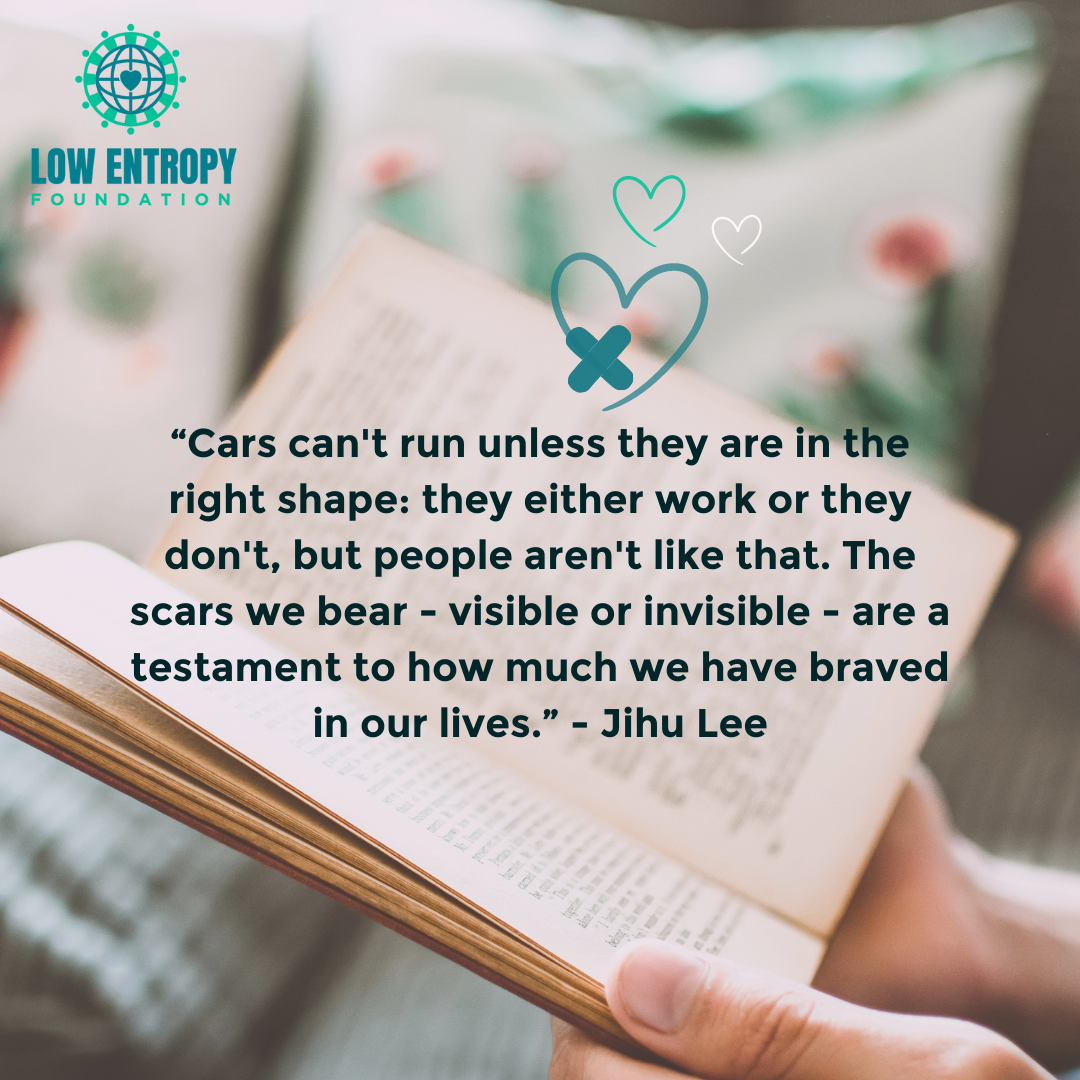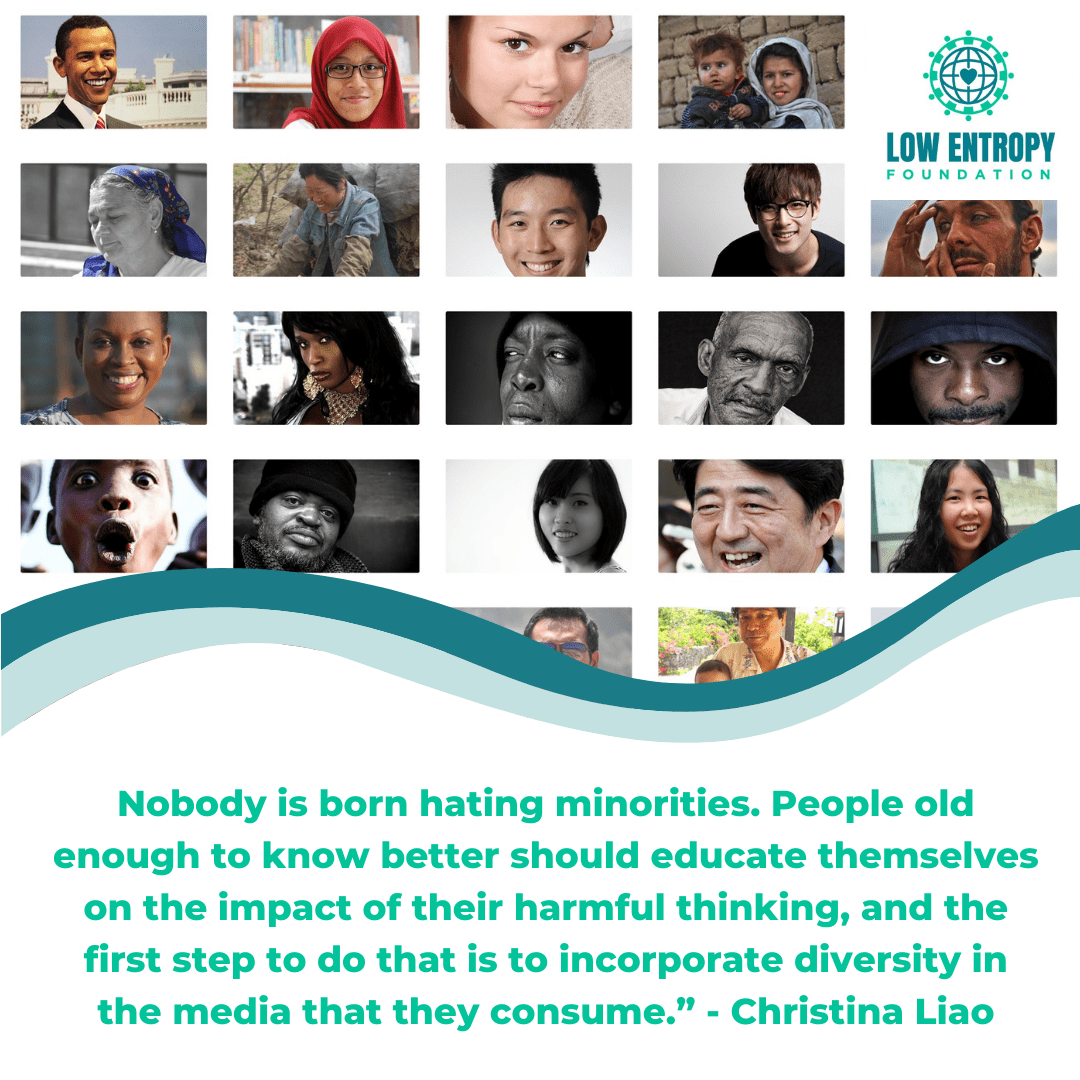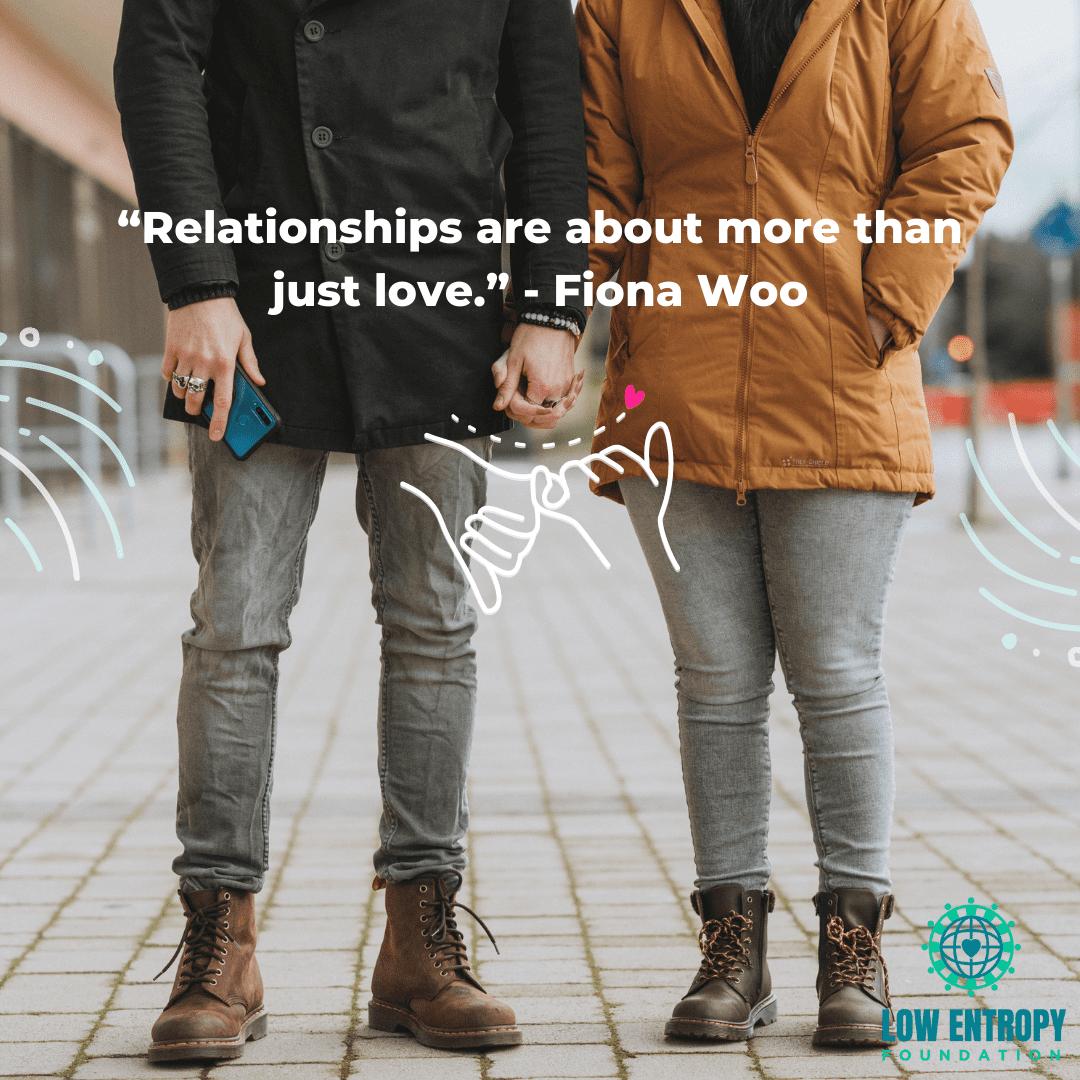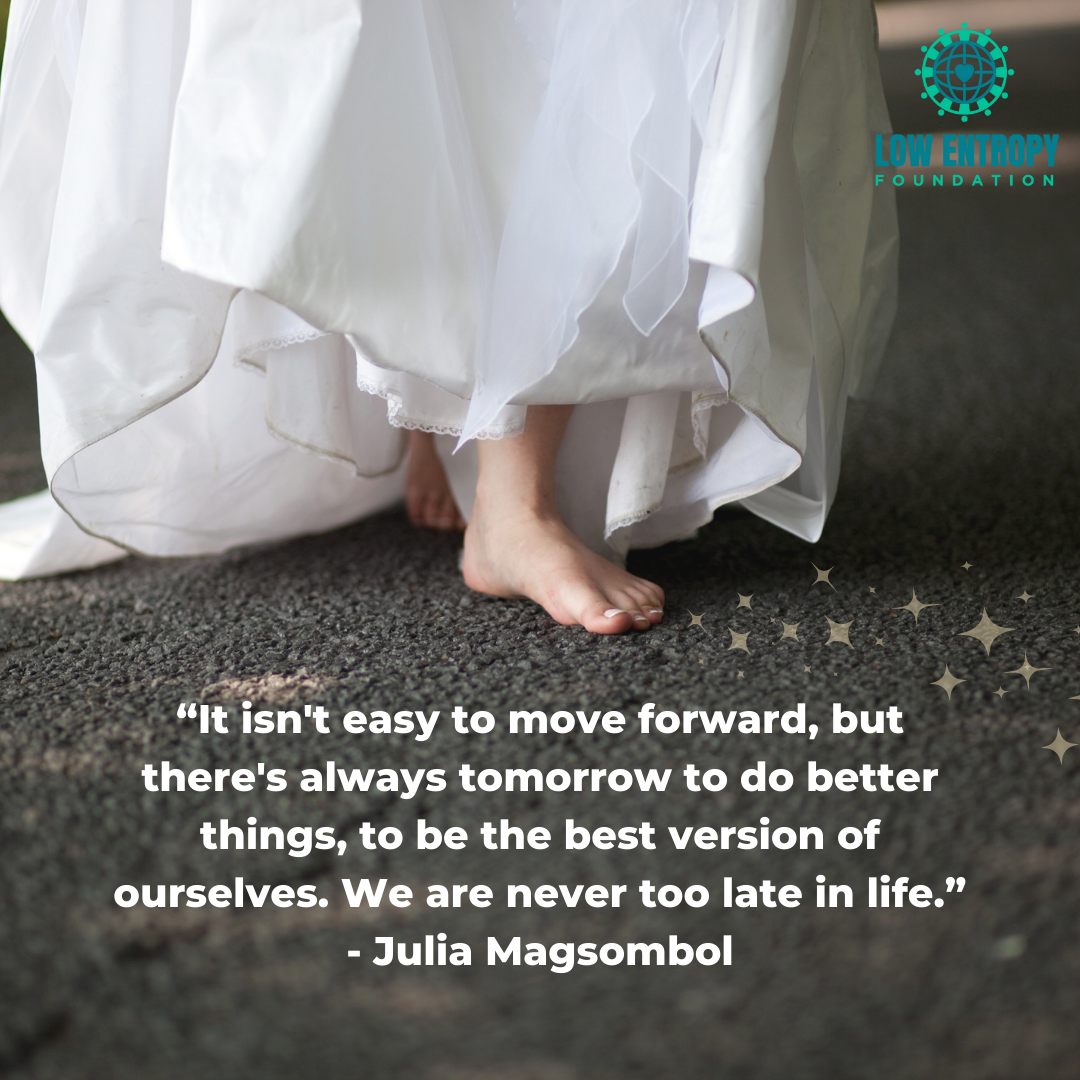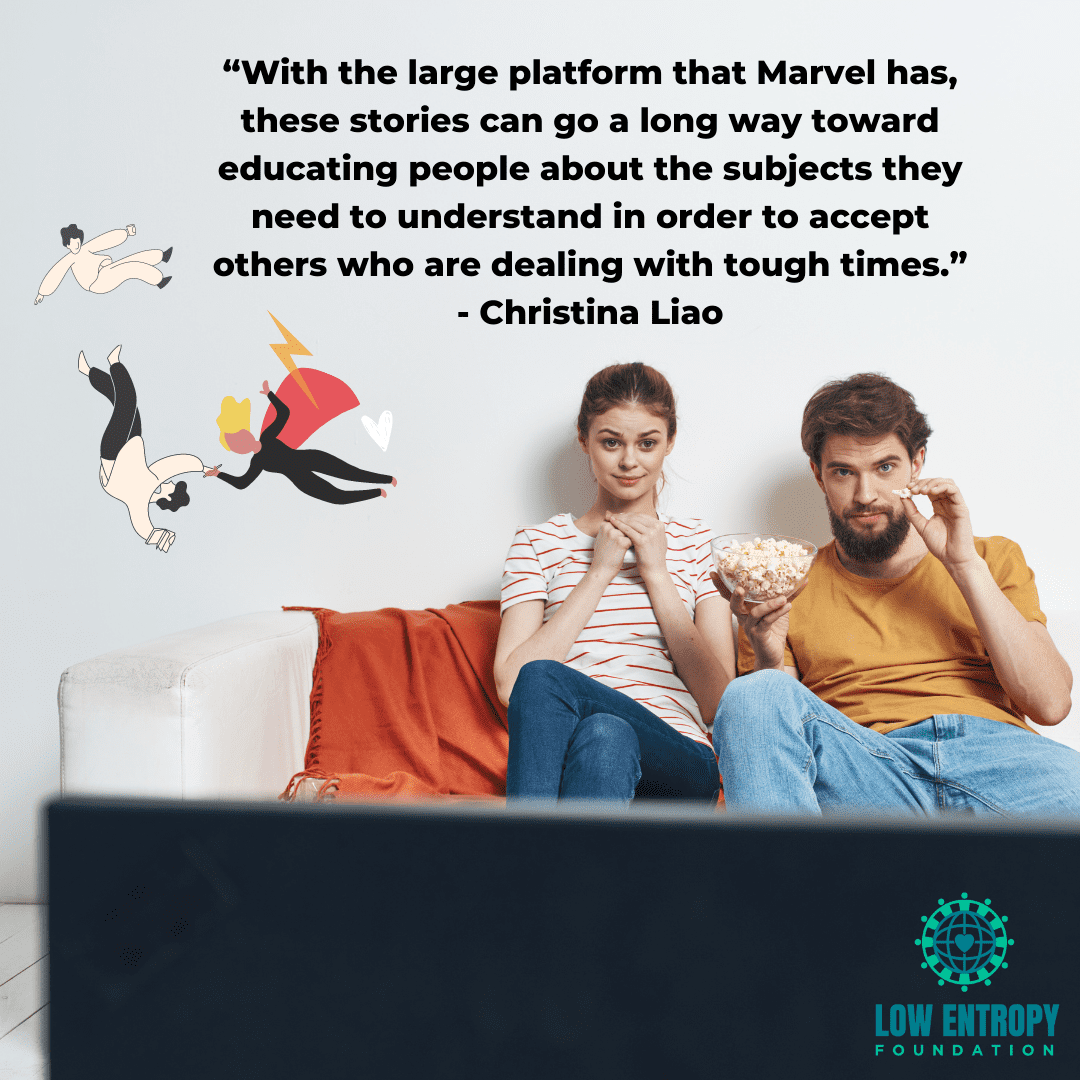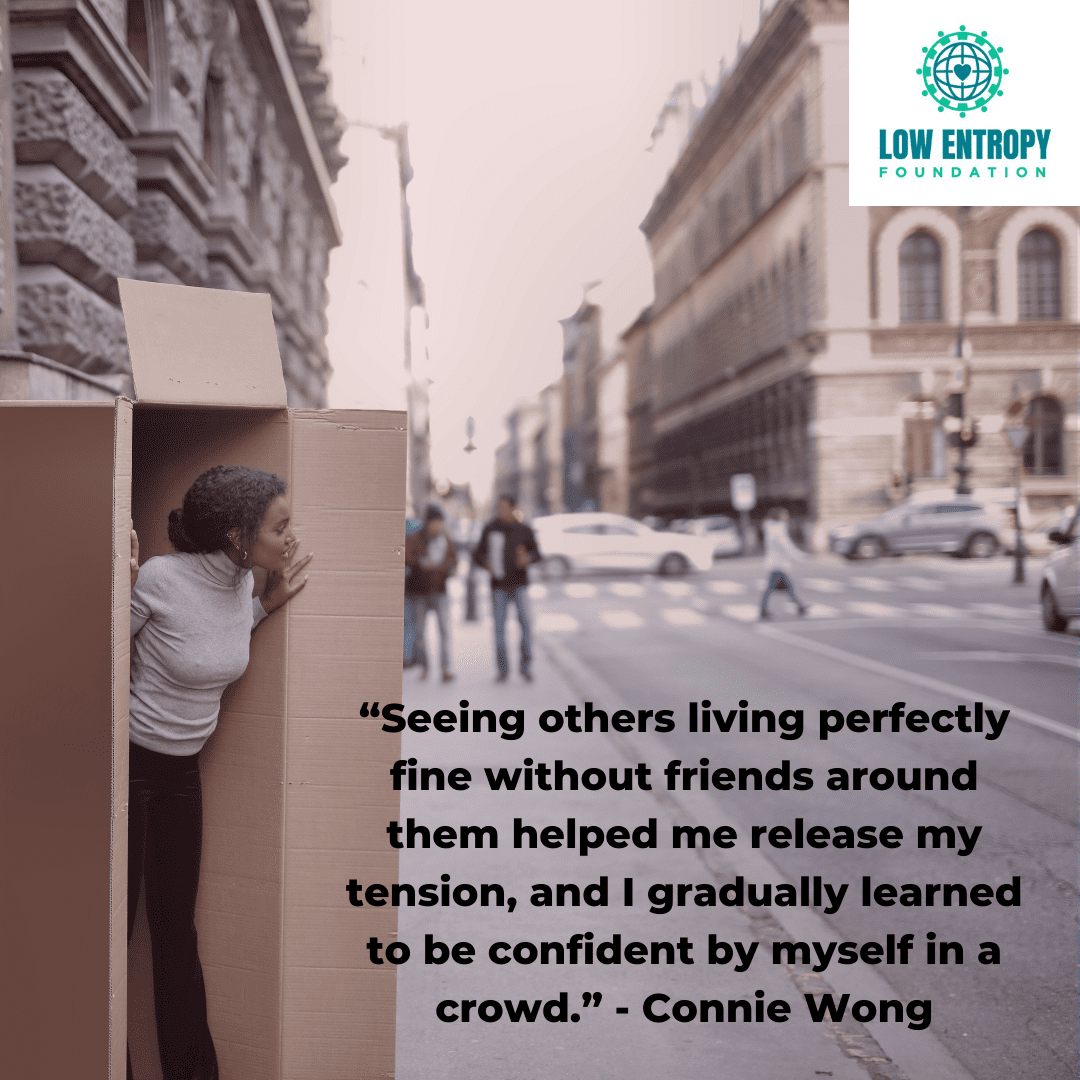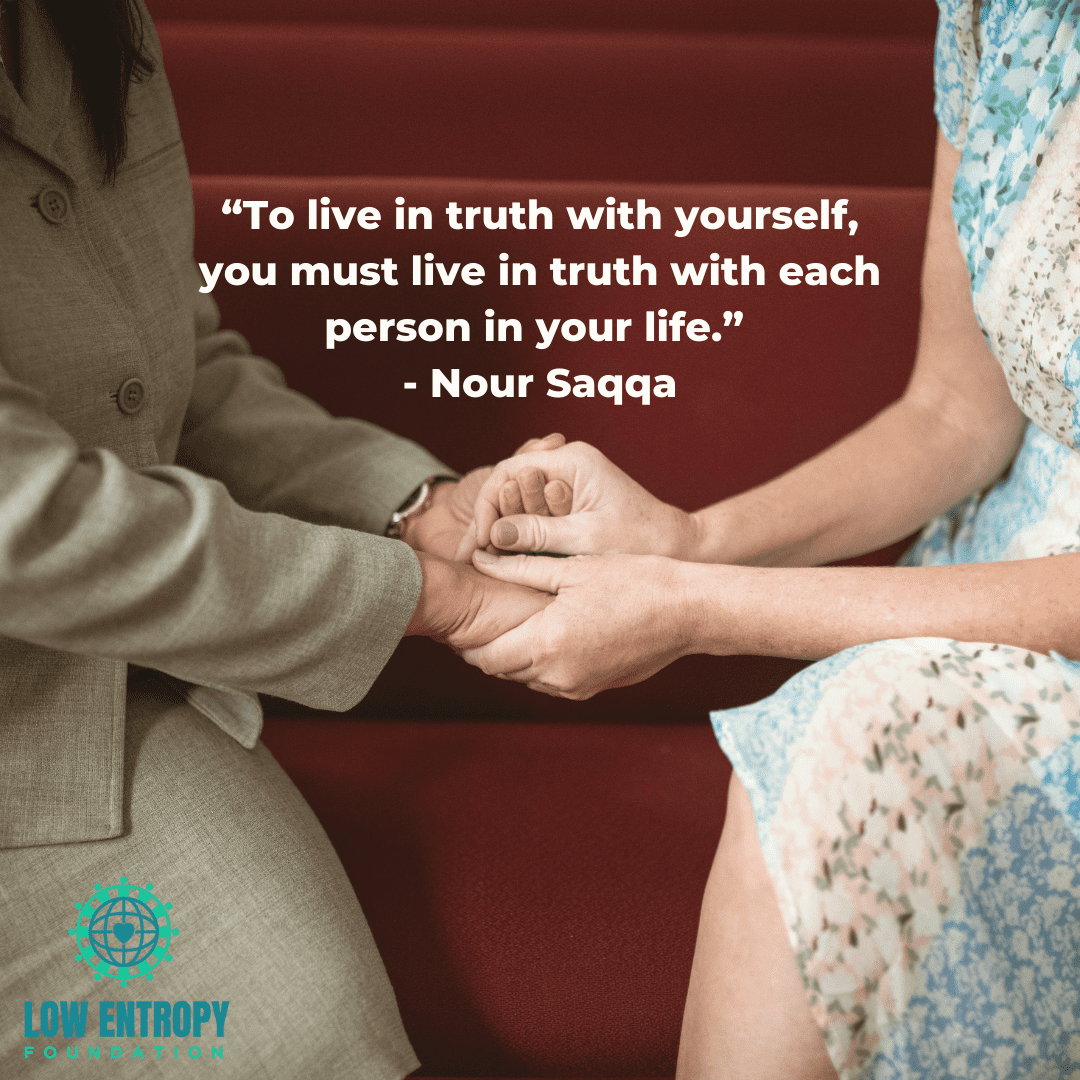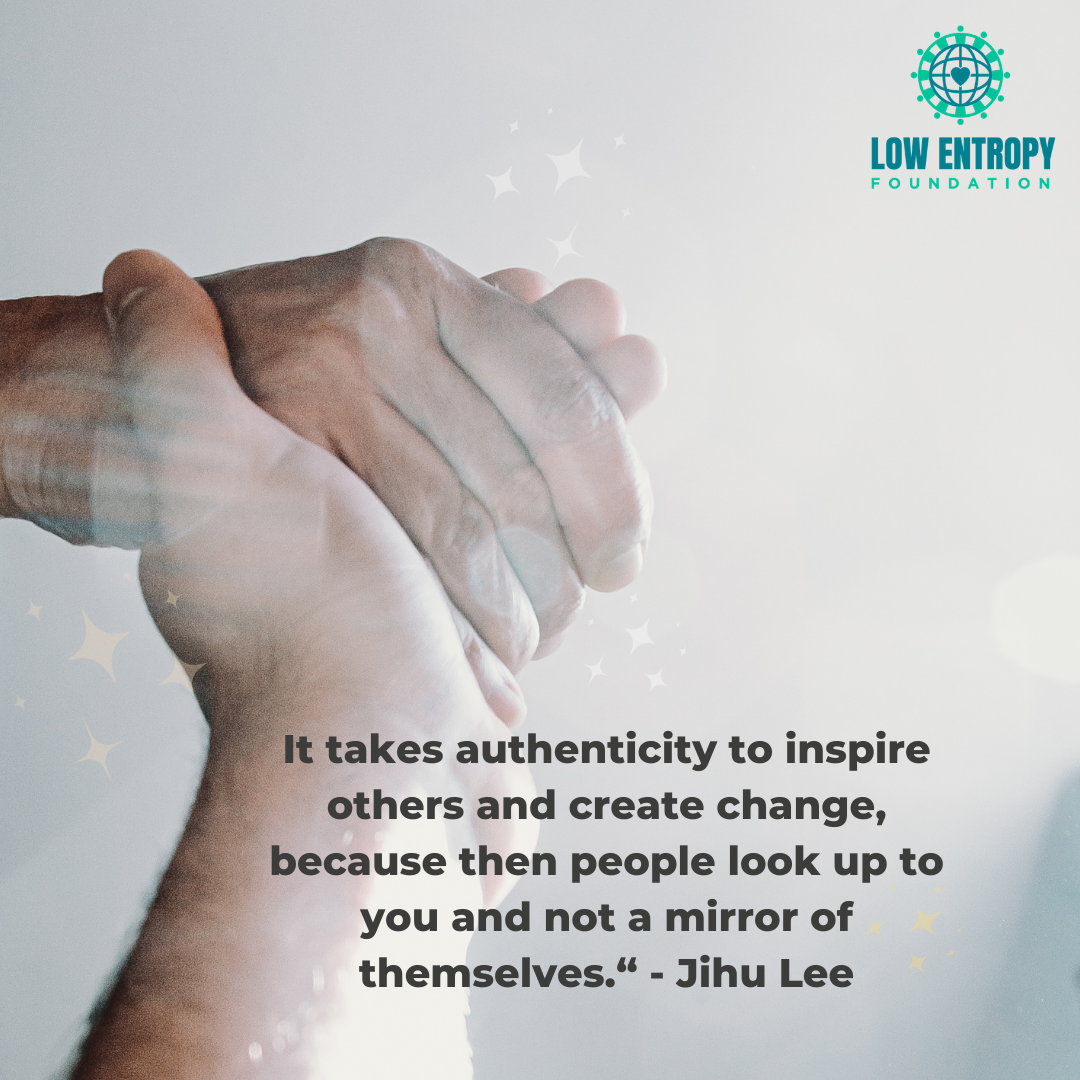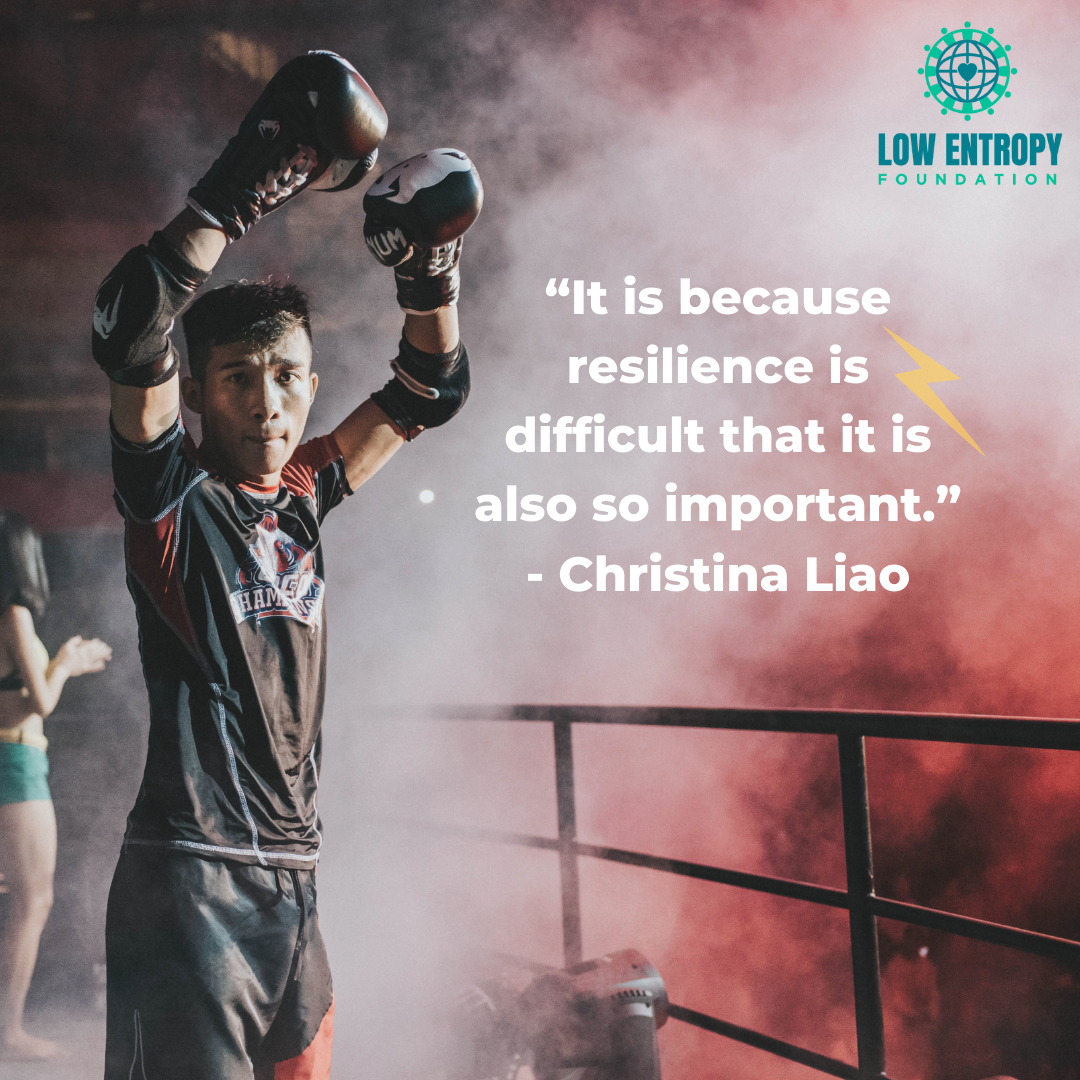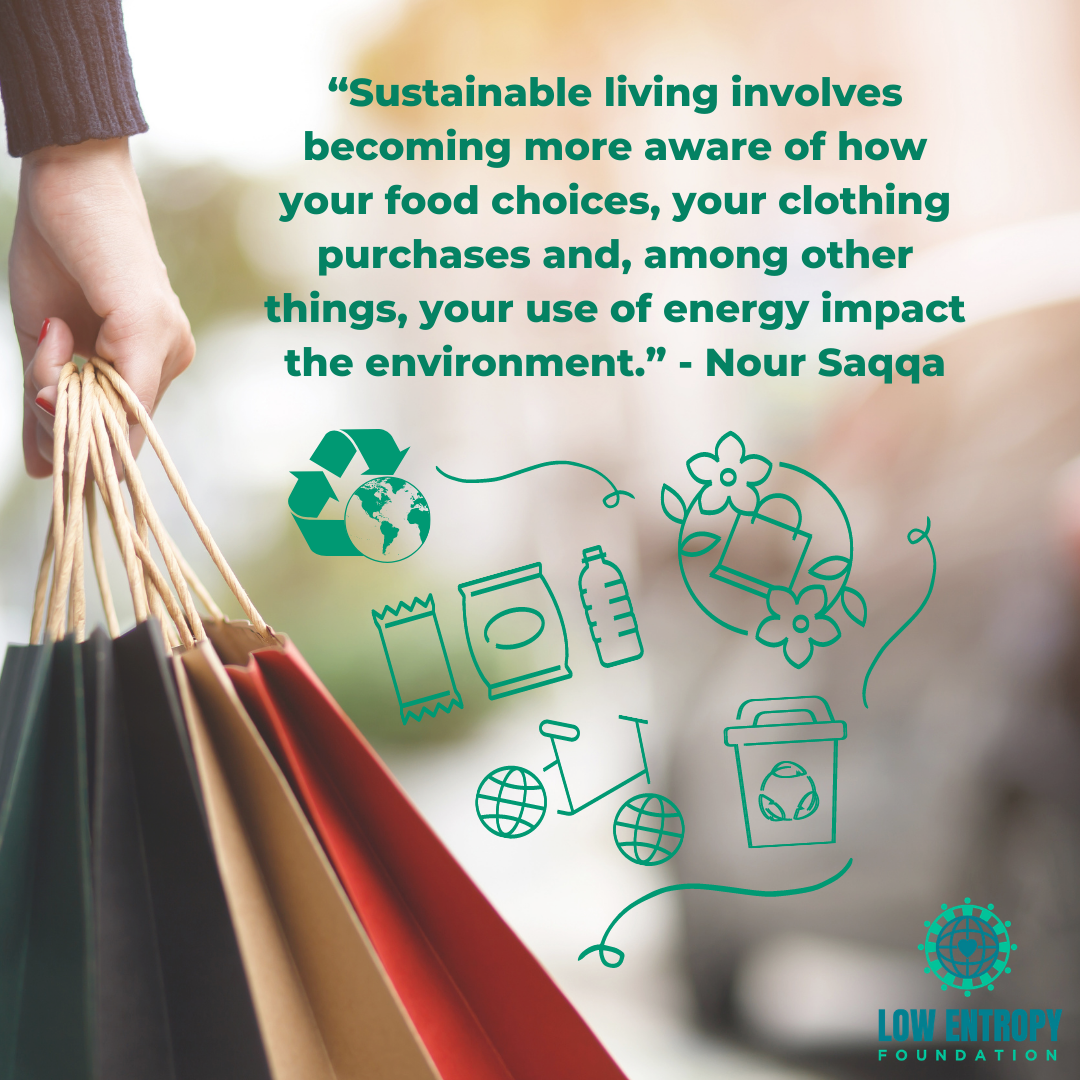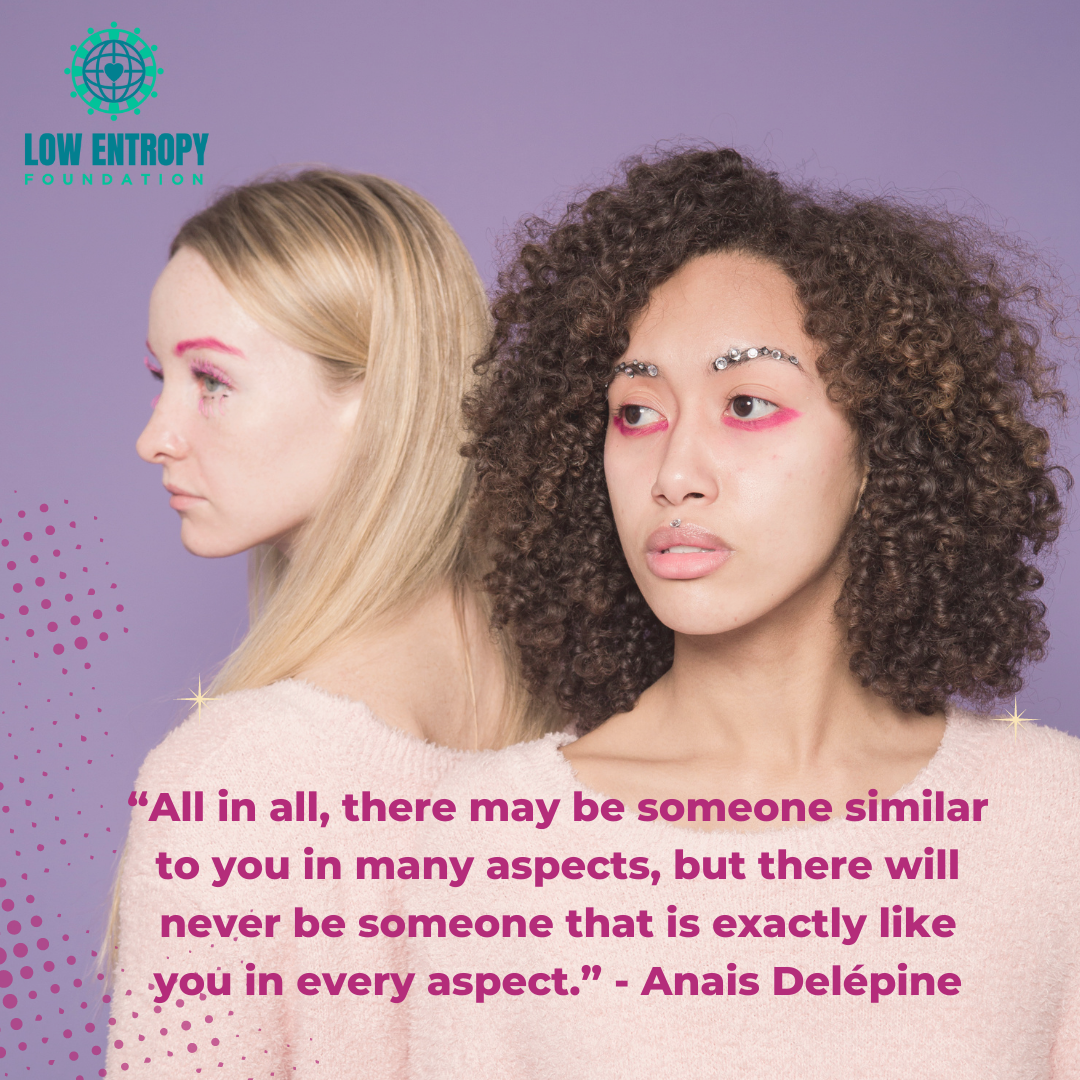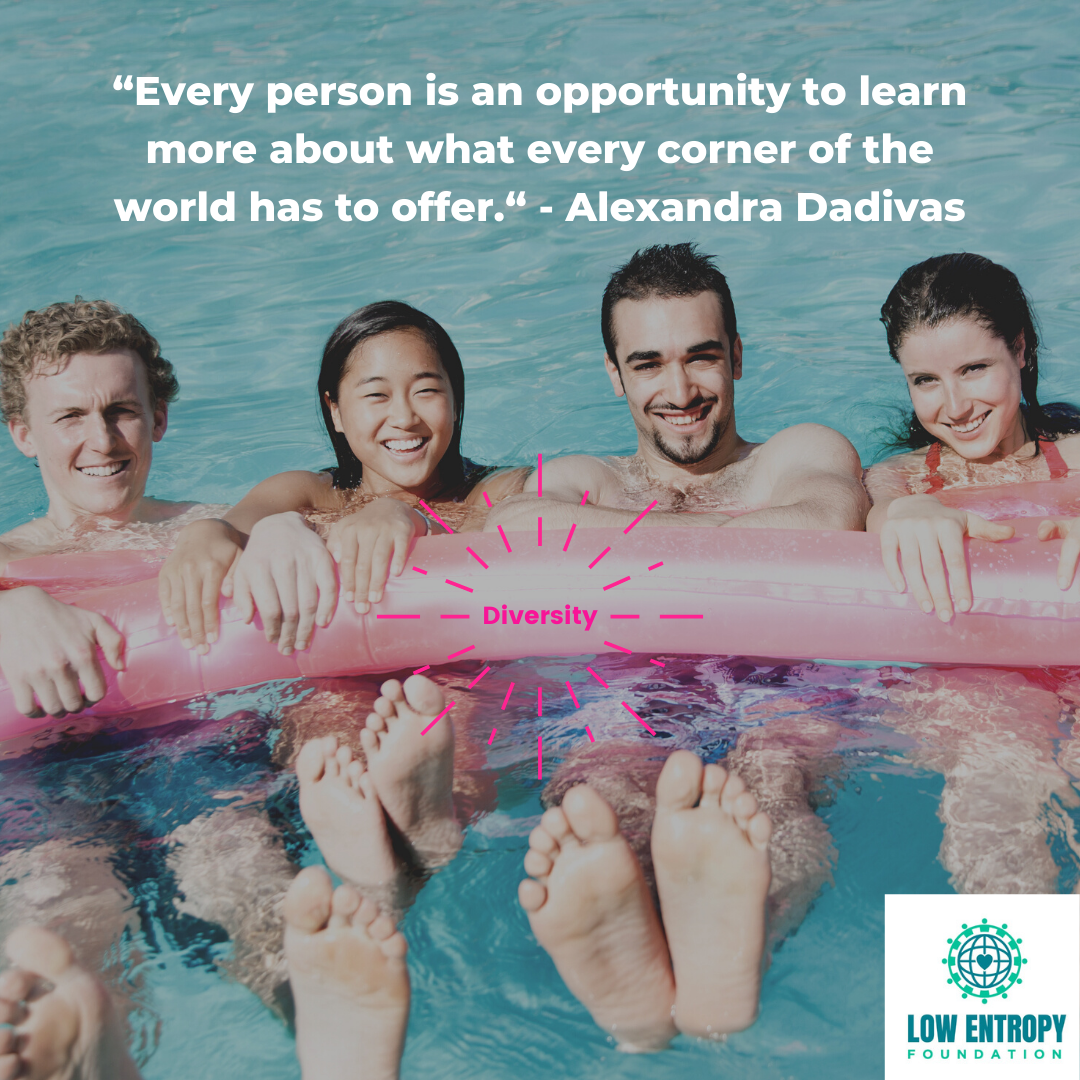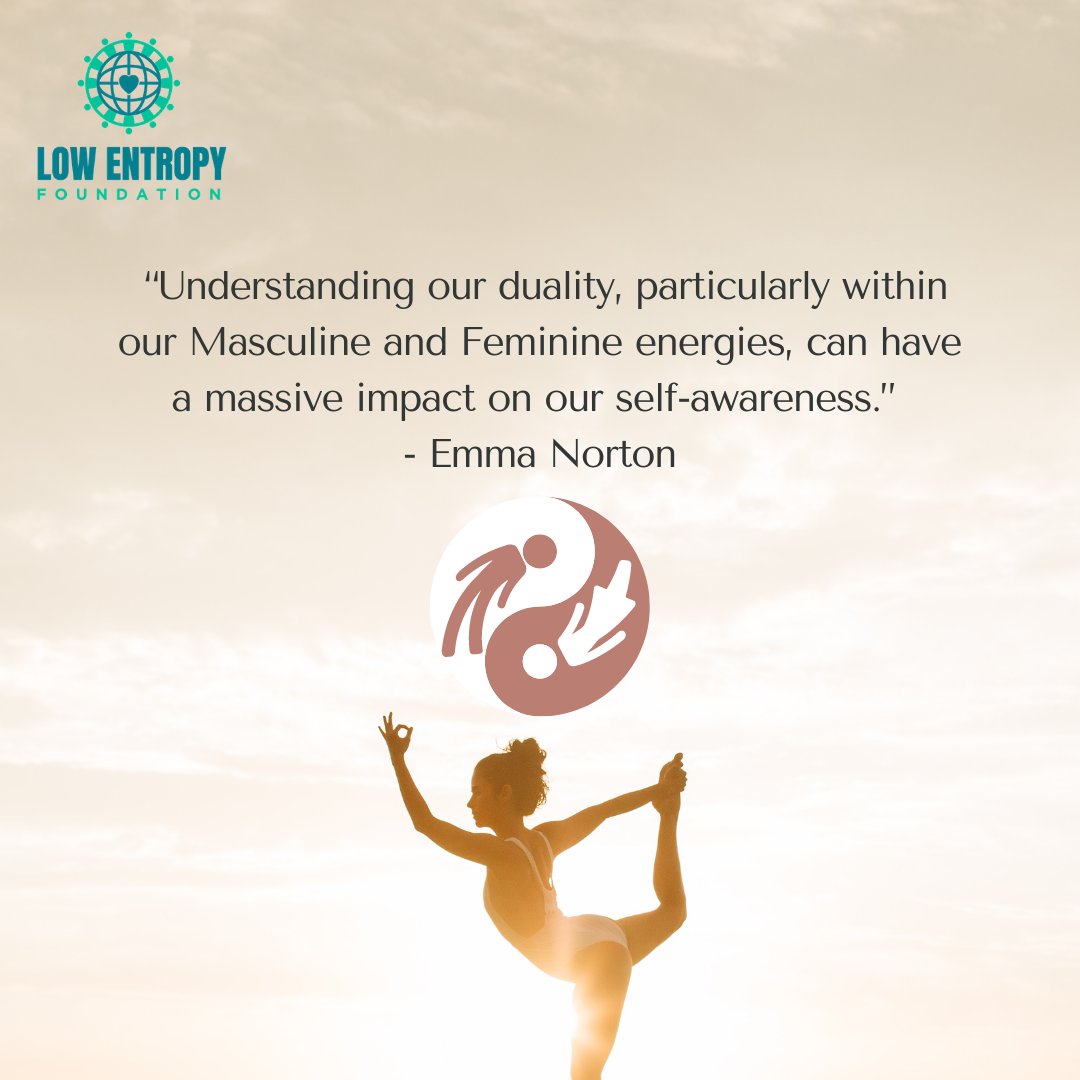Jihu Lee (she/her/hers), Low Entropy Volunteer Writer
The perfect condition doesn’t exist. Or does it? As humans, we seem to have a perpetual desire to fix things back to normalcy or perfection. If we’re sick, we nurse ourselves back to health. If we break an object, we try to mend it. Even at an intangible emotional level, we strive for happiness as the benchmark of our feelings, while turning away from those we label as “bad.”
I want to frame this article around Abigail Johnson’s If I Fix You. This fictional young-adult book is centered on the protagonist Jill and her passion for automotive mechanics and fixing cars. Jill and her father have a loving bond while she and her mother have a dysfunctional relationship. Throughout the book, we also explore Jill’s connection with her new neighbor Daniel, who harbors a history with an abusive father and a broken relationship with his own mother.
Jill’s love for fixing cars that arrive at her dad’s auto shop serves as a brilliant metaphor that fits the story’s theme of recovering “broken” lives and relationships. We often see Jill think in terms of fixing something or someone to normal, as she does with defective cars. She first meets Daniel after overhearing an intense altercation between him and his mother next door. Shortly after, he leaves in his Jeep and Jill picks up on the grinding noise from his brakes, leading her to decide that “he needed new brake pads … probably not the most important problem in his life, but it was the one I could fix.” Right away, we see Jill’s knack for “fixing the broken” kick in, so she resorts to mending something within her control when the person himself is out of reach. But when they begin spending time together more frequently, Jill starts feeling more inclined to let Daniel lean on her as his only support system.
Although Jill’s relationships with her mom and Daniel’s with his are vastly different, they both lead Jill to ruminate over how to fix the relationship or the people involved. After Jill’s mother leaves the family, Jill constantly tries to eliminate her mother’s traces, both in the house and her heart. It seems she initially felt powerless in taking back her happiness, as she tied it so closely to the scars her mother left behind. With Daniel, Jill latches onto their connection on the basis of having an estranged mother. To me, it seemed like Jill’s efforts in trying to fix what she could in Daniel’s life gave her the illusion of control over her own circumstances, even if she only got as far as fixing his brakes.
Towards the end of the book, Jill puts her foot down and tells her mother she will be happier if they no longer are involved in each other’s lives. She also acknowledges that Daniel’s “world had shrunk to include only his mom and [Jill], and he’d latched onto [Jill] because he needed someone.” At this point, Jill accepts that Daniel’s tragic family dynamics are not her responsibility, despite how much they share in common. The two had reached out to the closest thing they thought might save them, but ultimately learned that they cannot use each other to heal. To follow Low Entropy’s mission of personal growth and empowerment, I think If I Fix You is a spectacular illustration of how we can navigate our own lives when all seems lost or unrecoverable. Healing and recovery are more about how our lives go on, despite changes within us, than it is about trying to return to circumstances before adversity. Jill may not have reconciled with her mother or healed Daniel’s trauma, but she put herself on an alternative path for her own healing journey. At the same time, it’s important to recognize how valid it is for grief to still be involved in letting go. For instance, Jill is on track to heal without her mother in her life while simultaneously grieving the loss of a parent.
To wrap up, let’s look at the metaphor of the car in the idea of healing without the need to strive for perfection. When Jill receives her dream car, the Spitfire, as a gift, she takes it on a drive – only for the engine to fail because she had run it prematurely. In my interpretation, this event was a culmination of the lesson that humans do not live, break or heal as cars do. When the Spitfire broke down, Jill thinks, “I’d killed my dream car, and I didn’t have any more time to fix it again, if that was even possible.” She had also resorted to this pattern of thinking when she faced her relationships with her mother and Daniel. A binary system of “fixed and happy” versus “broken and burdened” clouded her ability to envision alternatives. But we as humans have the power to keep going even when we feel broken. Cars can’t run unless they are in the right shape: they either work or they don’t, but people aren’t like that. The scars we bear – visible or invisible – are a testament to how much we have braved in our lives. They are anything but a sign of defect.
We have the power to change and uplift ourselves, even if the world seems to be in denial of our progress. There is so much possibility in how we can shape our lives, and no permanent standard to which we must calibrate in order to grow.
—
My name is Jihu, and I’m from Salt Lake City, Utah! I have been with Low Entropy since May 2021. Some of the things I love are reading, writing, listening to music, playing with my dogs and spending time with my sister!







